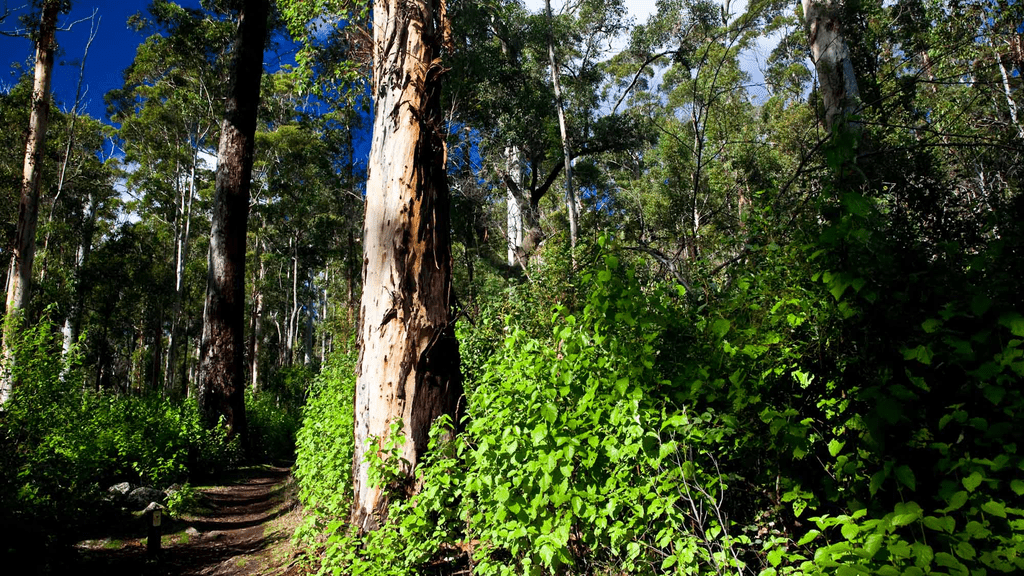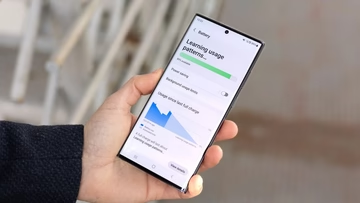
|
Getting your Trinity Audio player ready...
|
Introduction
The Sindh province of Pakistan is leading the way in leveraging the emerging global carbon credit market to protect its forests and support local communities. By selling carbon credits, Sindh is generating significant revenue while contributing to global efforts to combat climate change. This initiative not only offers financial benefits but also emphasizes the importance of environmental services and sustainable development.
Sindh’s Pioneering Effort in Carbon Credits
First Sale of Carbon Credits
Sindh has become the pioneer among all Pakistani provinces by selling carbon credits worth $40 million. This milestone was achieved through the public-private partnership project called Delta Blue Carbon-1. The Sindh government sold approximately three million TCO2e credits, with the revenue being shared between the government and Merlin’s Wood Private Limited. The government received a 40% share, amounting to $14.747 million, while the private firm retained 60%, covering all expenses related to verification and monitoring from 2015 to 2020.
Project Design and Achievements
Chief Conservator of Forests (Mangroves) Riaz Ahmed Wagan highlighted the extensive efforts undertaken under the Delta Blue Carbon project. Over 100,000 hectares of mangrove forests were planted between 2015 and 2024, with plans to plant an additional 125,000 hectares in the next five to six years. The high-quality credits of Blue Carbon Origin, sold at an average price of $13 per credit, are expected to fetch an average of $20 per credit in future sales.
Financial Impact and Future Prospects
Second Installment and Expansion Plans
The second installment of the carbon credit sale, covering the period from 2022 to 2024, is anticipated this year. The Sindh government aims to replicate the success of the Delta Blue Carbon project across the country, introducing this mechanism in riverine forests and on private land. The goal is to monetise all existing forests in Sindh, ensuring that the stored carbon emissions in the forest ecosystem are valued appropriately.
Importance of Global Support
Developed countries, which contribute significantly to global emissions, must support developing countries like Pakistan through funding and debt relief. The cumbersome procedures for obtaining international grants under the Global Climate Fund (GCF) need to be streamlined to facilitate access to necessary resources. Protecting forests and avoiding deforestation and degradation is a global responsibility, requiring financial contributions from wealthier nations.
Valuation of Pakistan’s Forests
Pakistan’s stocked forest area spans approximately two million hectares, each hectare sequestering 200 tonnes of carbon and 700 TCO2e over its lifetime. Protecting one hectare is valued at around $7,000, given a minimum price of $10/TCO2e. Safeguarding the total forest cover in Pakistan is valued at around $14 billion. Developed countries should either write off the government’s debt of $14 billion or provide equivalent funding to support forest conservation and societal progress.
Global Climate Finance and Local Implementation
COP29 Proposals and Financial Needs
The draft of the recent UN climate change conference (COP29) proposes increasing climate finance to $300 billion by 2035, up from the current $100 billion set in 2010. This funding should come from various sources, including public and private sectors, bilateral and multilateral contributions, and innovative financing mechanisms. Ensuring these payments will help protect existing forests and support local communities through environmental services.
Role of UNFCCC and UNCTAD
The United Nations Framework Convention on Climate Change (UNFCCC) must play a proactive role in facilitating payments to developing countries. Additionally, the United Nations Conference on Trade and Development (UNCTAD) emphasizes the potential of carbon markets as catalysts for economic development in its report, “The Least Developed Countries Report 2024 – Leveraging Carbon Markets for Development.”
Conclusion
Sindh’s initiative to monetise its forest cover through carbon credits sets a precedent for other regions in Pakistan and beyond. By leveraging the global carbon credit market, Sindh is not only protecting its forests but also supporting local communities and contributing to global climate goals. The success of this program highlights the need for continued financial support from developed countries and the importance of sustainable forest management practices.
FAQs
1. What is the Delta Blue Carbon project?
The Delta Blue Carbon project is a public-private partnership initiative aimed at monetising Sindh’s mangrove forests by selling carbon credits on the global market.
2. How much revenue has Sindh generated from carbon credits?
Sindh has generated approximately $40 million from the sale of carbon credits, with the government receiving a 40% share of $14.747 million.
3. What are the future plans for forest monetisation in Sindh?
Sindh plans to expand the monetisation mechanism to riverine forests and private lands, with the goal of valuing and protecting all existing forests in the province.
4. How can developed countries support forest conservation in developing nations?
Developed countries can provide financial support through climate funds, debt relief, and direct payments for environmental services to help developing countries protect their forests and avoid deforestation.
5. What is the estimated value of Pakistan’s forest cover?
The total forest cover in Pakistan is valued at around $14 billion, based on the minimum price of $10/TCO2e for protecting one hectare of forest.
ALSO READ:
https://skipper.pk/2024/11/25/rs25000-prize-bond-draw-date-and-venue-december-2024/






